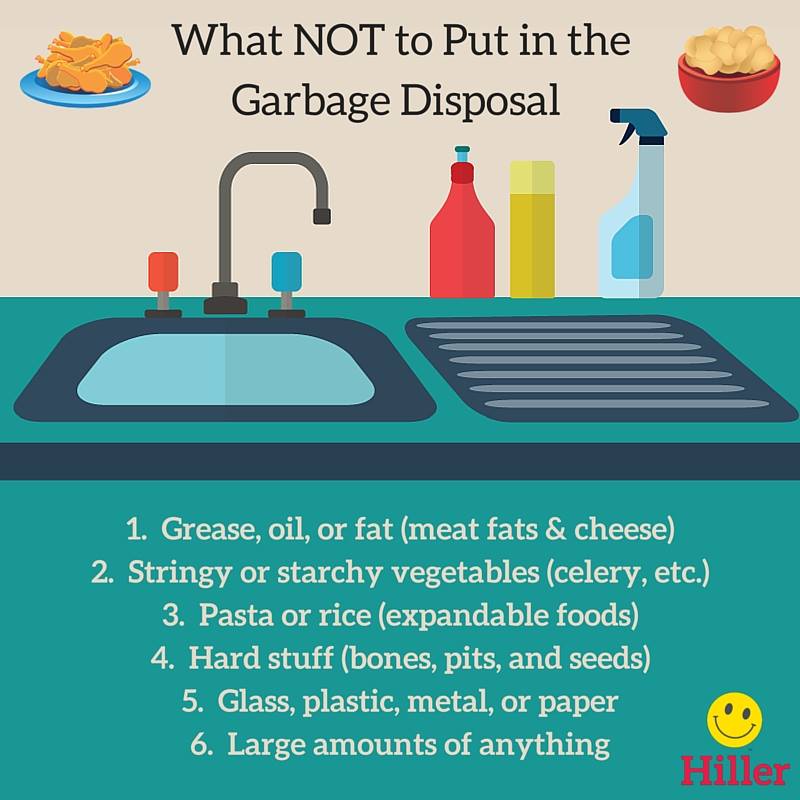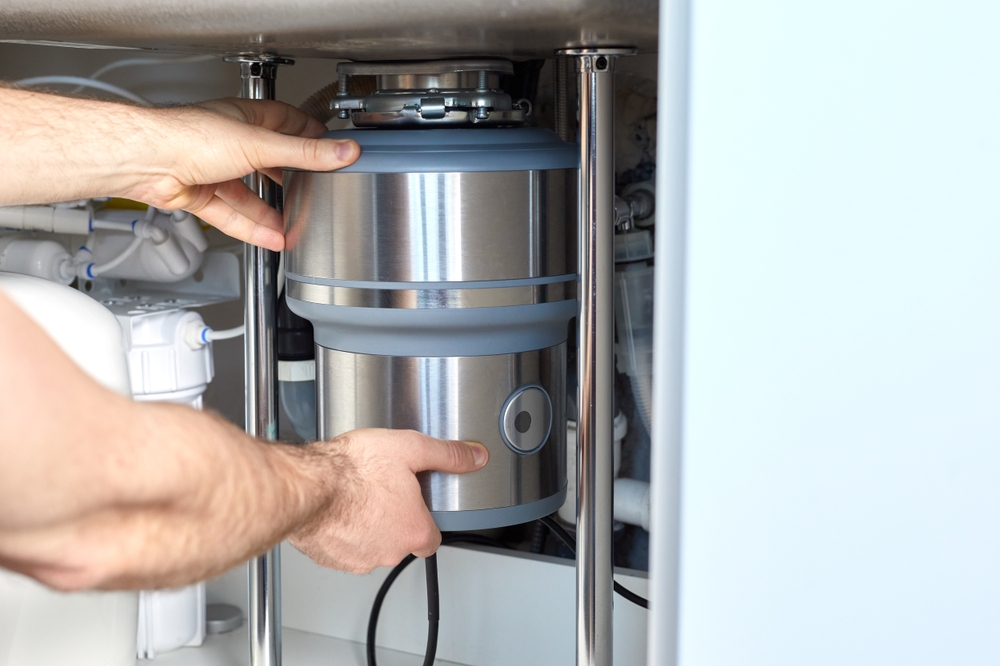Effective Garburator Repair Service Solutions to Keep Your Cooking Area Running
Preserving a reliable garburator is critical for guaranteeing your kitchen runs without disruption. Typical concerns such as obstructions or unusual sounds can disrupt this crucial home appliance, leading to prospective hassle and pricey repairs. What are the key steps to avoid these concerns from escalating further?
Typical Garburator Issues
In numerous houses, garburators are crucial home appliances that assist in the reliable disposal of food waste. When this takes place, the garburator may cease or emit unusual noises operation entirely.
Another issue frequently reported is inadequate drainage. This can come from a buildup of food particles within the device or pipes, leading to possible back-ups and unpleasant odors. Individuals may additionally experience inconsistent grinding efficiency, where food waste is not properly pulverized, leading to clogs even more down the plumbing system.
Electric issues, such as burnt-out motors or damaged wiring, can prevent the garburator from working effectively, necessitating instant focus. Comprehending these usual garburator concerns can assist property owners keep their devices and make certain efficient operation.
Basic Troubleshooting Steps
When garburator problems develop, it's crucial to take on the scenario methodically to restore capability. Inspect the circuit breaker or fuse box to validate that the garburator is not tripped or detached.
Following, examine for any type of visible obstructions. Switch off the power and use a flashlight to check into the disposal chamber (Garburator repair Toronto). Meticulously eliminate them making use of tongs or pliers-- never utilize your hands. if you see any kind of international objects.
If the garburator hums but does not grind, there may be a jam. In this case, manually revolve the impellers using an Allen wrench inserted into the base of the device. This activity can help liberate any stuck debris.
Do It Yourself Repair Service Methods
A range of DIY repair methods can efficiently attend to common garburator problems without the demand for professional assistance. One common trouble is a garburator that will not turn on.
An additional regular worry is a garburator that grinds slowly or clogs. To address this, first, switch off the device and disconnect the power. Utilize a hex wrench to by hand revolve the grinding plate, dislodging any kind of debris. In addition, putting a mix of baking soft drink and vinegar down the tubes can help damage down persistent food bits.
For unpleasant smells, a basic option involves running citrus peels through the garburator. This not just refreshes the odor yet also aids cleanse the blades. Regular upkeep, such his comment is here as purging the system with warm water and ice cubes, can keep the garburator in peak condition, guaranteeing it runs successfully for years to come.
When to Call a Specialist
Choosing whether to take on garburator issues yourself or call a professional can be tough. While numerous small issues can be resolved with fundamental DIY strategies, there are certain scenarios that require specialist intervention.

One more critical variable is the existence of leakages. If you discover water pooling around the base of your garburator or presume a stopping working seal, it's ideal to seek advice from a professional to stop additional damages to your kitchen area. Security is also critical; if you really feel uneasy functioning with electrical elements or plumbing, employing an expert is a smart choice.

Maintenance Tips for Long Life

Guaranteeing the longevity of your garburator needs regular upkeep and attention to information. Normal cleansing is essential; consider utilizing a mixture of ice and coarse salt to assist remove particles and develop the blades. Running cold water while running the unit will additionally assist in clearing out food fragments, preventing clogs Click Here and unpleasant smells.
In addition, bear in mind what you dispose of in your garburator. Avoid coarse products such as celery and onion skins, along with starchy foods like pasta and rice, which can create blockages. Instead, concentrate on little, soft food scraps to lessen stress on the device.
Occasionally inspect the garburator's components for wear and tear. Guarantee that the rubber sprinkle guard is intact and that the grinding chamber is complimentary of accumulation. If you see any kind of uncommon sounds or smells, address these concerns without delay to avoid further damages.
Finally, think about running a maintenance solution designed for garburators to help damage down oil and odor-causing germs. By adhering to these maintenance tips, you can significantly expand the life-span of your garburator, guaranteeing it stays a reputable fixture in your kitchen.
Verdict
In final thought, maintaining a reliable garburator is vital for ideal cooking area functionality. Sticking to maintenance ideas will improve the long life and performance of the garburator, making certain a smoothly running kitchen atmosphere.
Electrical problems, such as burnt-out motors or damaged wiring, can protect against the garburator from functioning properly, requiring immediate focus. Understanding these typical garburator concerns can help house owners keep their appliances and make sure reliable procedure.
A variety of DIY repair service strategies can efficiently resolve usual garburator issues without the need for specialist assistance. Garburator repair. Routine upkeep, such as purging the device with hot water and ice cubes, can keep the garburator in peak problem, ensuring it runs successfully for years to come
If you notice water pooling around the base of your garburator or think a falling short seal, it's ideal to consult a professional to prevent further damage to your kitchen.